-
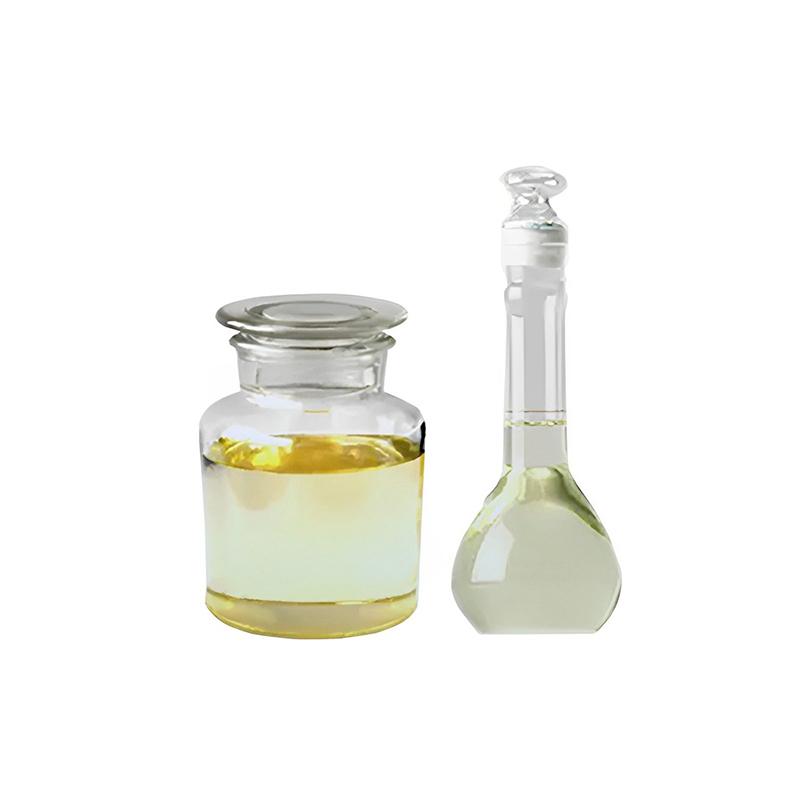 TITANIUM TETRACHLORIDE In 25mt net ISO tank
TITANIUM TETRACHLORIDE In 25mt net ISO tank -
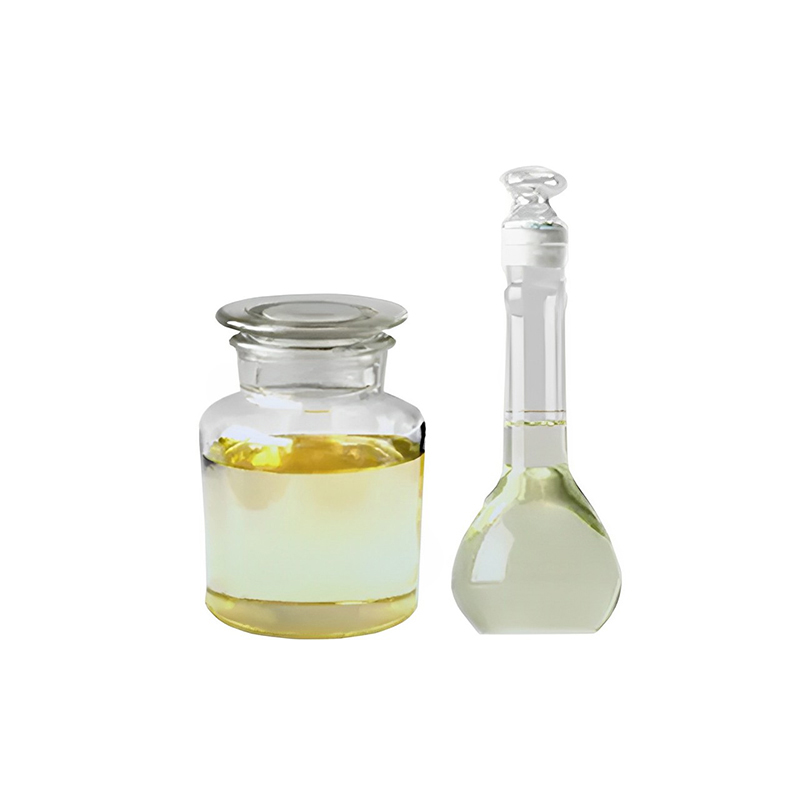 TITANIUM TETRACHLORIDE
TITANIUM TETRACHLORIDE -
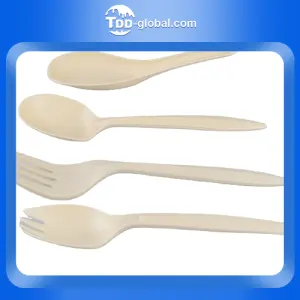 Direct wholesale good quality biodegradable cornstarch spoon knife and fork plastic cutlery
Direct wholesale good quality biodegradable cornstarch spoon knife and fork plastic cutlery -
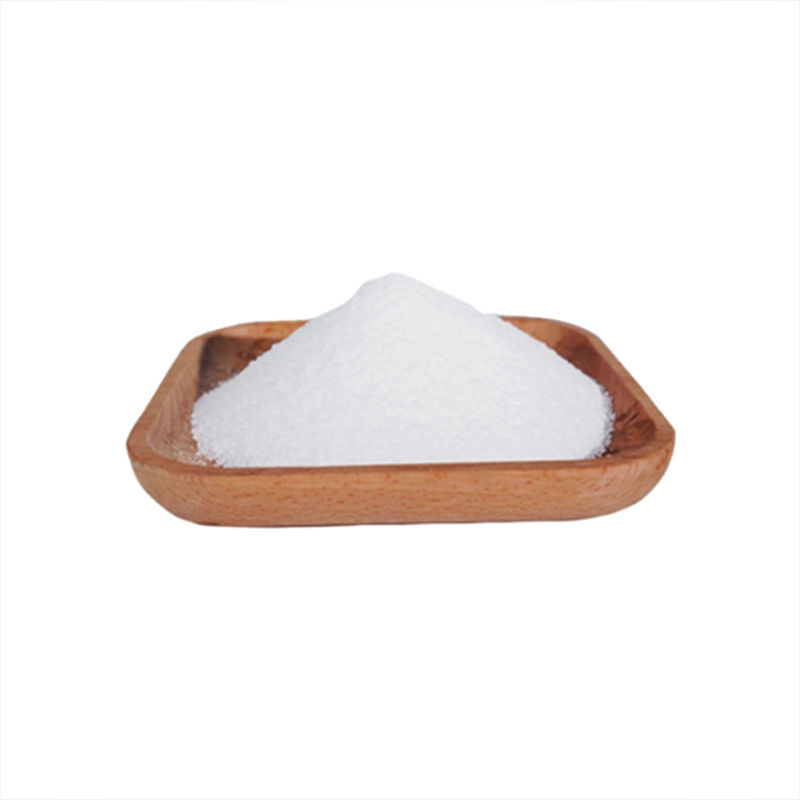 D-Glucosamine HCL White crystalline powder
D-Glucosamine HCL White crystalline powder -
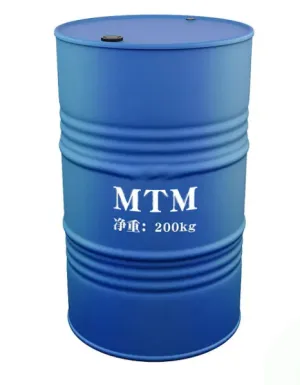 MTM(Methyl Tin Mercaptide)Heat Stabilizer
MTM(Methyl Tin Mercaptide)Heat Stabilizer -
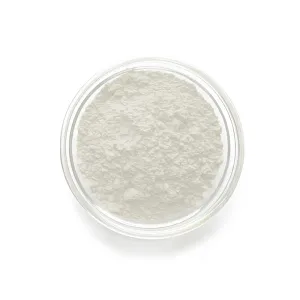 Oriental Optical Brightener OB
Oriental Optical Brightener OB -
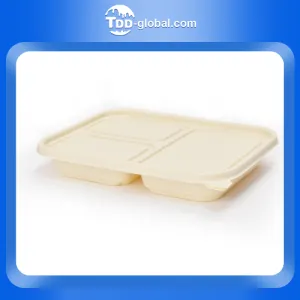 Cornstarch bento compartment eco friendly packaging disposable biodegradable cornstarch lunch box food container
Cornstarch bento compartment eco friendly packaging disposable biodegradable cornstarch lunch box food container
Q
where are genesis vehicles made
I'm a seasoned industrial engineer with a keen interest in machine learning. Here to share insights on latest industry trends.
Ford Motor Company has a global footprint with manufacturing plants located in various countries. In the United States, Ford vehicles are produced across several states including Michigan, Kentucky, and Ohio, which are historical hubs for the automotive industry. Internationally, Ford has facilities in countries such as Germany, China, Brazil, and India, enabling them to cater to local markets while leveraging global economies of scale. These locations manufacture a wide range of Ford's lineup, from the iconic F-Series trucks and the venerable Mustang to SUVs and compact cars, reflecting Ford's strategy to meet diverse consumer demands worldwide. The specific models produced can vary by plant, depending on regional market trends and manufacturing capacities.
You May Like
Nitrogen tyres and air-filled tyres have a few differences.
1. Purity: Regular air is about 78% nitrogen, 21% oxygen, and 1% other gases. Nitrogen tyres, on the other hand, typically have 93-95% nitrogen.
2. Pressure Retention: Nitrogen molecules are larger than oxygen molecules, so they escape from your tyres at a slower rate. This means that your tyre pressures will remain more stable over time if you fill your tyres with nitrogen.
3. Moisture: Air contains moisture, which can lead to quicker tyre degradation and pressure fluctuations with temperature changes. Nitrogen is dry, so it doesn't introduce moisture into your tyres.
4. Cost: Filling tyres with nitrogen is typically more expensive than filling them with regular air.
5. Availability: While air pumps are commonly available at nearly all petrol and service stations, nitrogen pumps may not be as easy to find.
Overall, both options are safe and viable for most drivers. It mainly comes down to personal preference and convenience. If you are the type of person who checks your tyre pressures regularly (as you should), then regular air is a perfectly good choice. However, if you tend to forget about your tyre pressures for long periods, then the longer stability of nitrogen could be a benefit.
1. Purity: Regular air is about 78% nitrogen, 21% oxygen, and 1% other gases. Nitrogen tyres, on the other hand, typically have 93-95% nitrogen.
2. Pressure Retention: Nitrogen molecules are larger than oxygen molecules, so they escape from your tyres at a slower rate. This means that your tyre pressures will remain more stable over time if you fill your tyres with nitrogen.
3. Moisture: Air contains moisture, which can lead to quicker tyre degradation and pressure fluctuations with temperature changes. Nitrogen is dry, so it doesn't introduce moisture into your tyres.
4. Cost: Filling tyres with nitrogen is typically more expensive than filling them with regular air.
5. Availability: While air pumps are commonly available at nearly all petrol and service stations, nitrogen pumps may not be as easy to find.
Overall, both options are safe and viable for most drivers. It mainly comes down to personal preference and convenience. If you are the type of person who checks your tyre pressures regularly (as you should), then regular air is a perfectly good choice. However, if you tend to forget about your tyre pressures for long periods, then the longer stability of nitrogen could be a benefit.
2. Tesla Model 32. Tesla Model Y3. Tesla Model S4. Tesla Model X5. Nissan LEAF 6. Chevrolet Bolt EV 7. BMW i38. Audi e-tron 9. Hyundai Kona Electric 11. Kia Sauer EV 12. Kia Niro EV 13. Porsche Taycan 14. Volkswagen ID.415. Ford Mustang Mach-E 16. Riviera R1T 17. Riviera R1S 18. Mercedes EQC19. Polestar 220. Lucid Air 21. Honda Clarity Electric 22. Mini Cooper SE Electric 23. Fiat 500e However. availability may vary depending on country or region.
An engine choke is a mechanism designed to enrich the fuel-air mixture in an internal combustion engine during startup, especially under cold conditions. Typically found in carbureted engines, the choke restricts the amount of air entering the engine, increasing the fuel-to-air ratio. This enriched mixture is easier to ignite and helps the engine run smoothly until it reaches optimal operating temperature. Modern fuel-injected engines usually automate this process with electronic control systems, diminishing the need for a manual choke. The principle behind both manual and automatic chokes is to ensure that the engine starts and operates efficiently, particularly in lower temperatures where fuel vaporization is less effective. Proper use and maintenance of the choke mechanism are crucial for engine longevity and performance.
The value of flat-proof tires is dependent on a variety of factors. including individual needs. budget. and driving conditions. Consider the following pros and cons: Benefits include safety. as these tires allow drivers to continue at lower speeds for a limited distance after a blowout; convenience. as there's no need to change the tire in a busy area; and space-saving. as run-flat tires often eliminate the need for a spare. On the other hand. there are also some drawbacks to consider: cost. as these tires tend to be more expensive than standard ones and not all installers can handle them; decreased comfort due to stiffer sidewalls; limited repair options when experiencing an air leak; and shorter distances that can be traveled at lower speeds when dealing with a flat tire. Ultimately. whether or not it's worth it depends on personal priorities and preferences.
You May Like
Q&A
- •where is titanium found
- •is ceramic titanium cookware safe
- •function of fiber
- •is titanium dioxide in vitamins harmful
- •how to reduce the effects of titanium dioxide
Popular Information
- •Vinnolit plans expansion of its chlorine and VCM capacity
- •Indo-US chemical trade set to register faster growth
- •China PVC Spot Market Prices Rose in July
- •thyssenkrupp nucera wins caustic soda plant expansion order from Kutch Chemical in India
- •Meghmani Finechem’s Q3FY23 revenue up 27%; PAT by 11%












